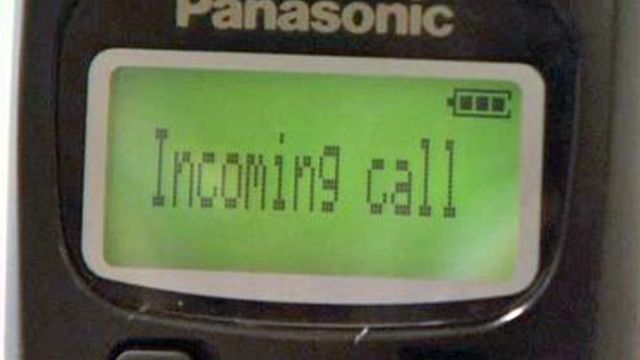Creditors hassling you? Know your rights
These days, many people have stacks of unpaid bills, and with them typically come harassing calls from collections companies. Creditors can be relentless, but there are limits of how far they can go.
Posted — UpdatedO’Connell said she hears the horror stories. Sometimes collection agencies even call neighbors.
“(A woman) said at 8 in the morning, the next door neighbor came running over with a baby wrapped up in a blanket knocking on the door saying, ‘I had a call from these people, and it's an emergency. They can't find you,’” O’Connell recalled.
O'Connell says it's best to deal with your lender to try to keep it from going to collections in the first place.
“Call your lender and see if they can help you out. If they can put a payment back for one month or two, if they'll agree to take a partial payment, if they'll work with you in some way,” she said.
If it does go to collections, there are limits on what the companies can do. They're spelled out in the Fair Debt Collection Practices Act.
“They can't use harsh or abusive language. In other words, they can't call you names. They can't threaten to tell your employer. They can't threaten to garnish your wages or put you in jail or come to your house and break in and take property. And they can't discuss your debt with anyone but you unless you've given them permission to do so,” O’Connell said.
They also can't call before 8 a.m. and after 9 p.m. Plus, you have the right to make the calls stop.
“You must put the request in writing for them to stop communication with you on the debt,” O’Connell said. “They cannot continually do the collecting calls once they've been notified in writing and that's what everyone should do.”
“You deserve a chance to pay them in a reasonable fashion. All sorts of things happen to people. These days: unemployment, major medical crises, divorce and separation. Nobody ever goes into debt intending not to pay it. And most people given a reasonable alternative, or chance to pay, really will pay. That's what they want to do,” she said.
If a creditor goes too far, complain to the Federal Trade Commission. As far as overdue bills, O'Connell recommends you first pay those that are not already in collections. Also, a certified credit counselor can help you come up with a payment plan.
• Credits
Copyright 2024 by Capitol Broadcasting Company. All rights reserved. This material may not be published, broadcast, rewritten or redistributed.





